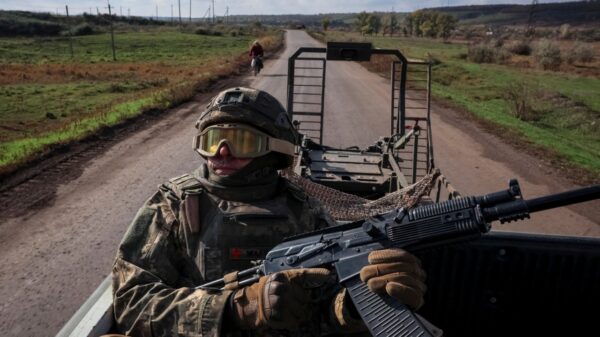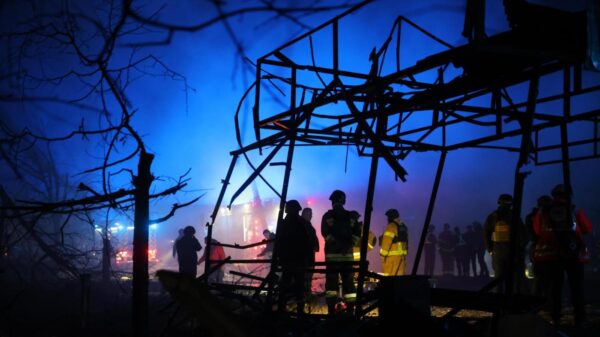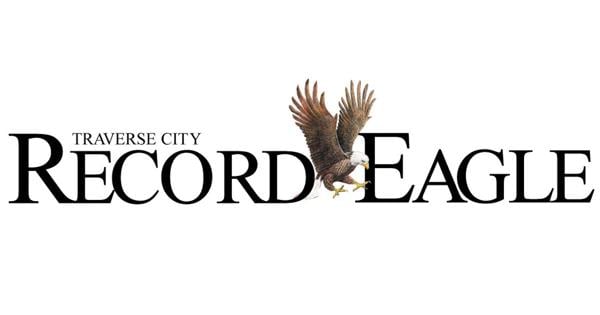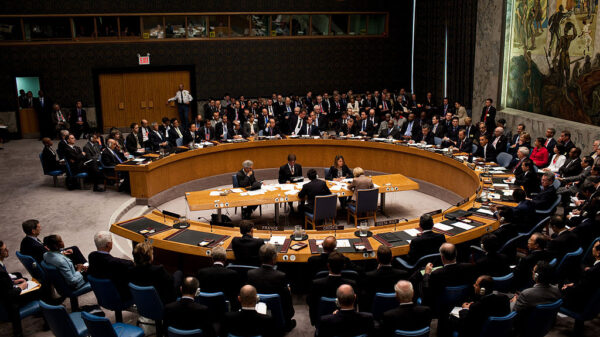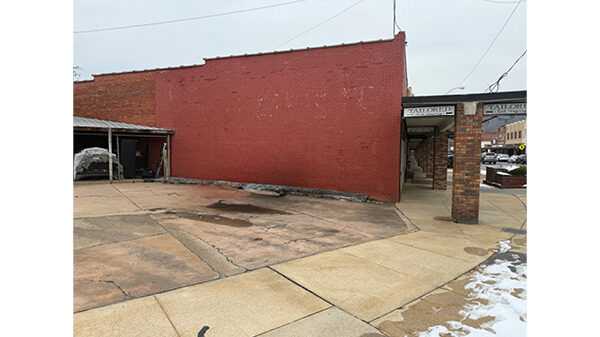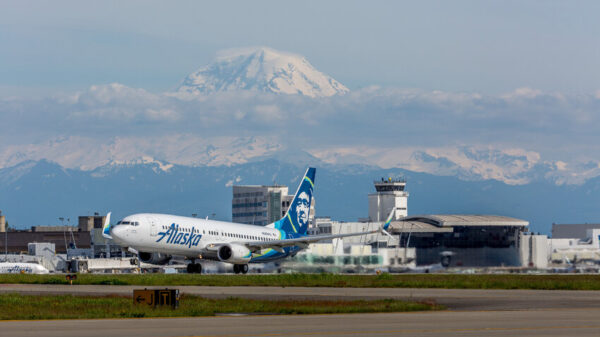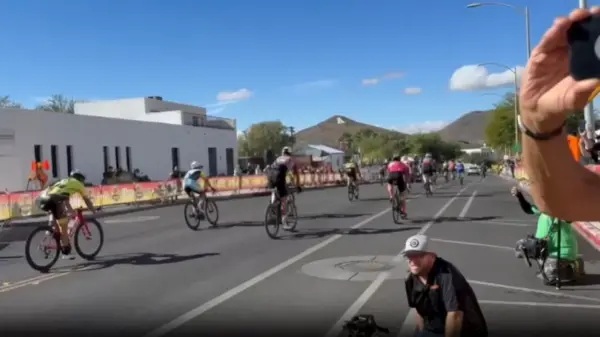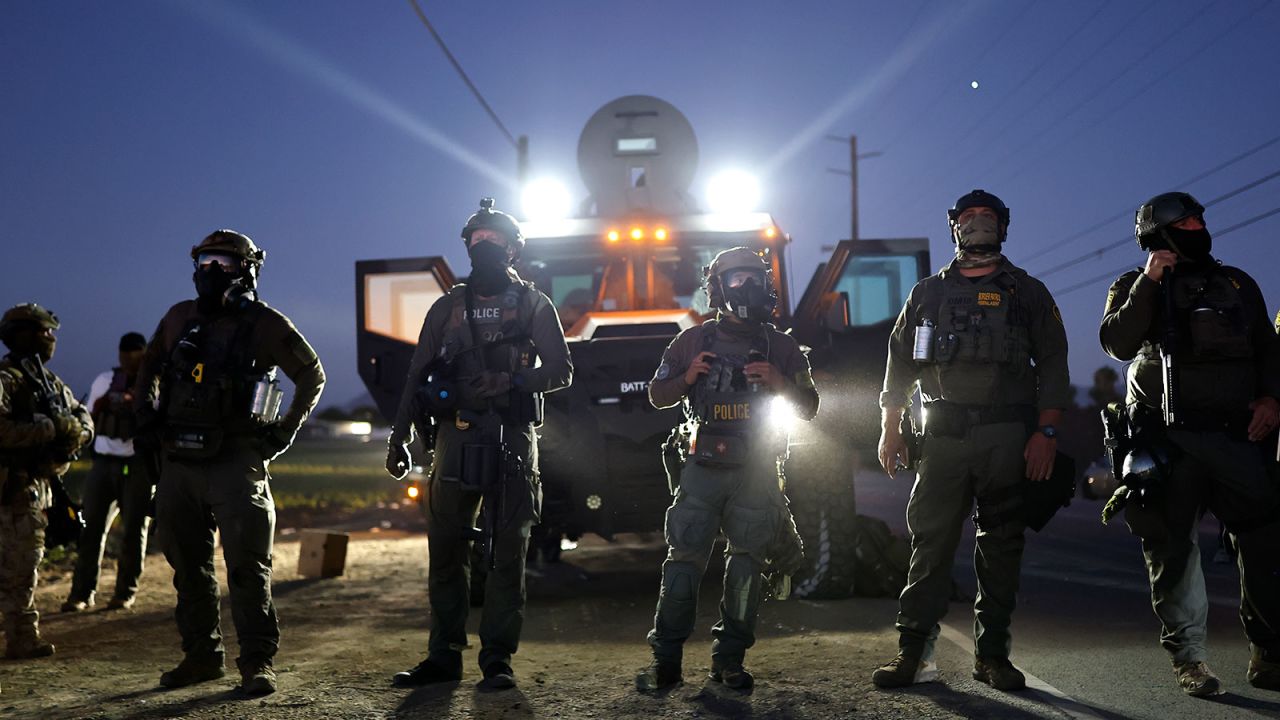The ongoing debate surrounding whether agents from U.S. Immigration and Customs Enforcement (ICE) should wear masks during arrests has drawn significant attention, particularly from political figures. On October 10, 2023, Democratic Congressman Lou Correa of California publicly addressed this issue, emphasizing the importance of public health measures in law enforcement activities.
Correa’s remarks come amid heightened scrutiny of ICE’s practices, especially in light of the COVID-19 pandemic. He argued that requiring agents to wear masks is not only a matter of protecting the officers themselves but also of ensuring the safety of the communities they serve. In a statement, Correa highlighted the dual responsibility of law enforcement to uphold the law while also safeguarding public health.
The congressman’s comments reflect a broader concern among health officials and lawmakers regarding the protocols followed by federal agencies. As the country continues to navigate the complexities of health guidelines, Correa insists that the implementation of masks during arrests is a necessary step. “We must prioritize the health of our officers and the individuals they engage with,” he stated.
The debate over mask usage among ICE agents is not merely a health concern; it also raises questions about the agency’s operational practices. Critics argue that the lack of a clear mandate on mask-wearing undermines public trust in ICE, especially in communities that already feel marginalized. Correa’s position aligns with those advocating for enhanced safety measures within federal enforcement agencies.
In recent months, various advocacy groups have voiced their concerns regarding ICE’s methods and the implications these have on public safety and health. The ongoing discourse is part of a larger conversation about how government agencies adapt to changing health guidelines while fulfilling their responsibilities.
As the situation evolves, the response from ICE remains to be seen. The agency has not yet issued an official statement regarding the implementation of mask mandates for its agents. However, the discussion highlights an urgent need for clarity on health protocols within law enforcement.
Moving forward, the conversation will likely continue to develop, with lawmakers and health experts weighing in on the balance between enforcement and public health. As Congressman Correa noted, this issue is critical not only for the safety of individuals involved in arrests but also for the broader implications on community trust in law enforcement agencies. The outcome of this debate could shape future policies regarding health and safety within federal law enforcement.








